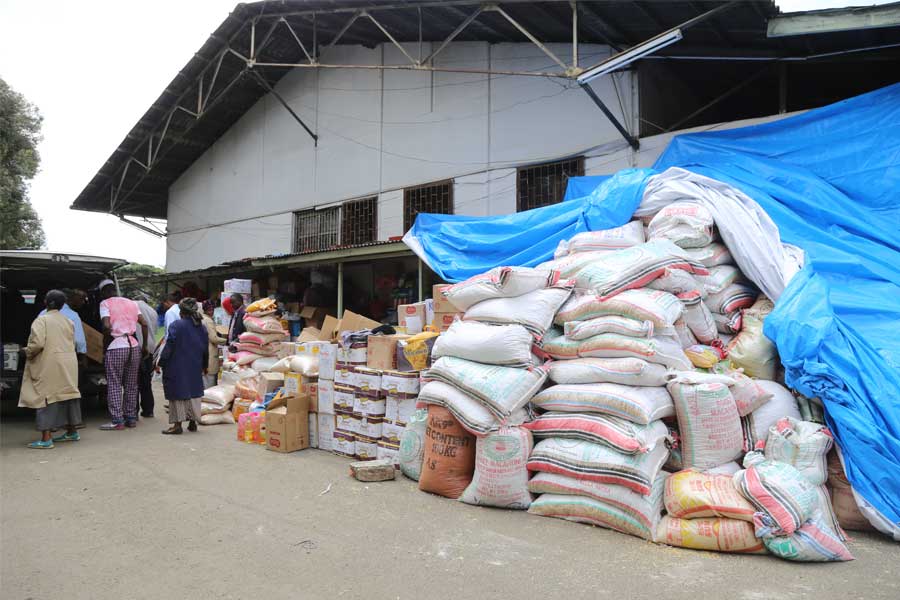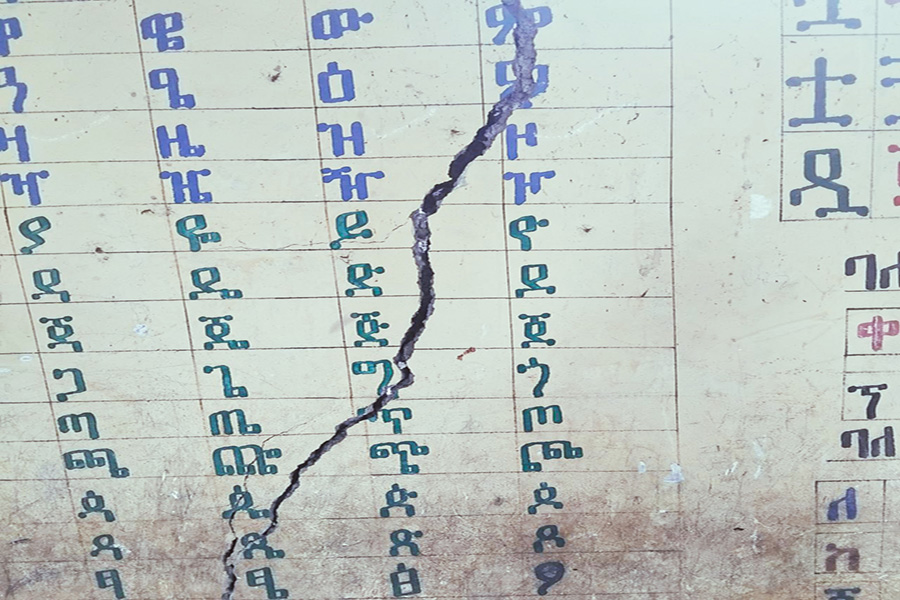
Agenda | Nov 02,2019
When her father died suddenly in 2008, Heleanna Georgalis found herself at the helm of Moplaco Trading Plc, a venerable coffee company founded in 1897 during Emperor Menelik’s reign. Thrust into leadership amid profound grief, she had to steer the uncharted waters of a business world she had not anticipated entering. Over a decade of relentless effort, she stabilised the company, which now exports 1,000tns of coffee annually to Europe, generating seven million dollars in revenue, and has diversified into pharmaceuticals and real estate. Heleanna's story is part of an undercurrent that is often unspoken - struggles of running a family business. Equitable dividend distribution among family members poses persistent issues—treating family members with equity, not parity, ensuring all feel like contributors, even those not involved in daily operations. Succession planning adds another layer of complexity. Acknowledging that passing the torch to her daughter won't be straightforward, she believes future successors should gain external experience to develop a strong work ethic and avoid feelings of entitlement.
Her dilemma is far from unique. A recent study by HST Consulting found that the average lifespan of family businesses in Ethiopia is 30 years, with political instability being a major cause of closure. Alarmingly, up to 91pc of inherited businesses crumble after the second generation, with only six percent reaching the third and a mere two percent surviving to the fourth. Contributing factors include a lack of corporate governance, informal business structures, poor succession planning, and financial constraints. Some family businesses, however, have bucked the trend.
AQ Roses, originally established in The Netherlands, moved operations to Ethiopia under the leadership of shareholder and Managing Director Frank Ammerlaan. Leasing 50hct in Batu and Bishoftu (Debrezeit), the company exports 100 million rose stems annually, earning over 17 million dollars in revenue. Despite expressing frustration with the policy environment, citing a lack of transparency and bureaucratic inefficiencies, Ammerlaan advocates for family businesses to hire independent operational managers. Diversification has been a survival strategy for others. Omar Bagersh, third-generation proprietor of S.A. Bagersh Plc, expanded his family's coffee trading business into about 10 ventures, including Multichoice Ethiopia and Tarara Coffee. Facing political and economic instability across different regimes, from Emperor Haile Selassie's modernisation efforts to the Dergue's command economy, Omar believes that emerging family-owned businesses are poised to become economic driving forces in the next decade. Yet, access to finance remains a hurdle, one that the recent opening of the financial sector to foreign businesses may address.
You can read the full story here
PUBLISHED ON
Sep 22,2024 [ VOL
25 , NO
1273]

Agenda | Nov 02,2019

Radar | Apr 15,2023

Radar | Feb 24,2024

Fortune News | Nov 03,2024

Radar | Jul 17,2022

Commentaries | Jul 30,2022

Life Matters | May 24,2025

Fortune News | Aug 17,2025

Agenda | Apr 09,2023

Radar | Apr 29,2023

Dec 22 , 2024 . By TIZITA SHEWAFERAW
Charged with transforming colossal state-owned enterprises into modern and competitiv...

Aug 18 , 2024 . By AKSAH ITALO
Although predictable Yonas Zerihun's job in the ride-hailing service is not immune to...

Jul 28 , 2024 . By TIZITA SHEWAFERAW
Unhabitual, perhaps too many, Samuel Gebreyohannes, 38, used to occasionally enjoy a couple of beers at breakfast. However, he recently swit...

Jul 13 , 2024 . By AKSAH ITALO
Investors who rely on tractors, trucks, and field vehicles for commuting, transporting commodities, and f...

Oct 4 , 2025
Eyob Tekalegn (PhD) had been in the Governor's chair for only weeks when, on Septembe...

Sep 27 , 2025
Four years into an experiment with “shock therapy” in education, the national moo...

Sep 20 , 2025
Getachew Reda's return to the national stage was always going to stir attention. Once...

Sep 13 , 2025
At its launch in Nairobi two years ago, the Africa Climate Summit was billed as the f...